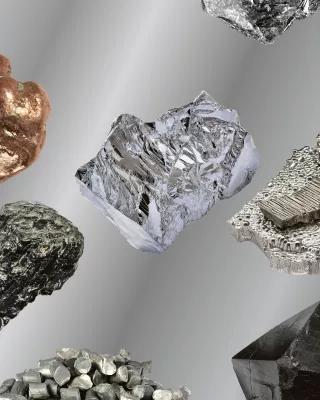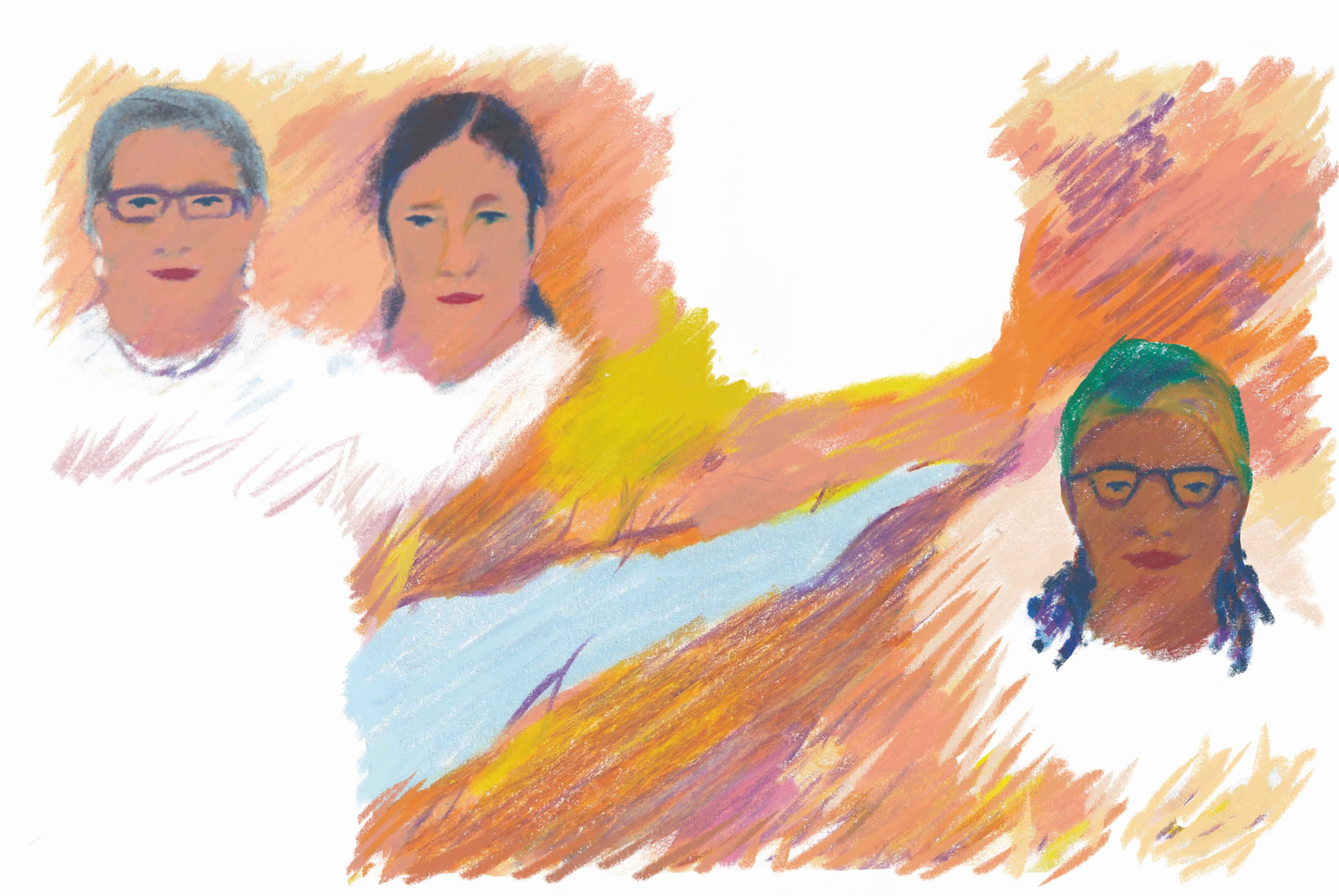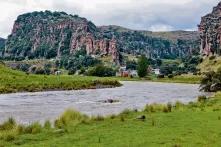«The country that supplies the raw materials must be on the same level as the country that needs them. I think that is the key to a sustainable future. Otherwise we will end up with a kind of law of the jungle.»Sara Larrain, Chilean Environmental Activist
Download the edition now (PDF)!











